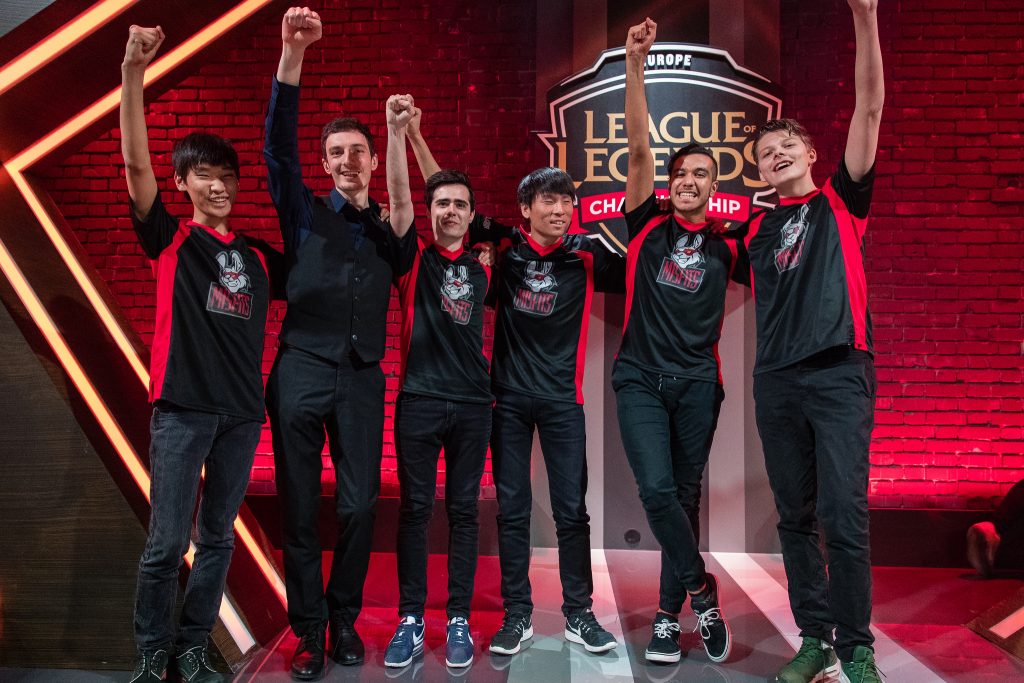To Ben Spoont, the cofounder and owner of the Misfits Gaming esports organization, everybody eventually has an “aha!” moment when they understand the passion around esports. For him, it came when he went to an Overwatch match in person and felt the roar of the crowd in an arena.
And more and more people are getting on board, including big brands. Market researcher Newzoo estimates esports will generate $1.7 billion in revenues by 2021, and that the number of esports enthusiast spectators will grow from 395 million in 2018 to 580 million by 2021. That sways the brands, but Spoont says the clincher is always when the brands see matches in person and understand how much people care about the games, the team heroes, and the esport events.

Unlock premium content and VIP community perks with GB M A X!
Join now to enjoy our free and premium membership perks.
![]()

![]()